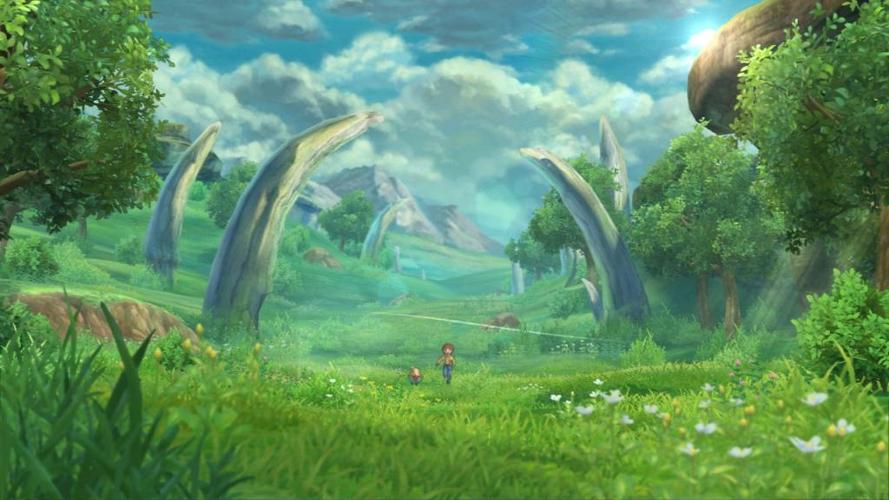Backpacking is an increasingly popular form of travel that involves carrying one’s belongings in a backpack and hiking or traveling through different destinations. Backpacking has come a long way from its humble beginnings in the 1960s when it was more of a countercultural activity associated with hippie culture. Today, backpacking is an adventure sport that attracts a wide variety of people from different walks of life.
The term “backpacking” has its roots in Europe, where it was initially used to describe people who traveled with their belongings in a backpack. However, backpacking as we know it today has its roots in the United States in the 1960s. During this time, many young people were disillusioned with mainstream society, and they wanted to explore the world and experience different cultures. Backpacking provided them with a low-cost alternative to traditional forms of travel, allowing them to go off the beaten path and explore countries on their own terms.
The hippie trail, which stretched from Europe to Asia, was one of the primary routes backpackers took in the 1960s and early 1970s. The hippie trail was not a well-defined route, but rather a series of loosely connected trails that backpackers took as they explored Asia. Backpackers often traveled in groups and relied on local knowledge to navigate through different countries. The hippie trail was not without its risks, and some backpackers encountered problems such as theft, drug-related incidents, and transportation mishaps.
In the late 1970s, backpacking started to become more mainstream. Backpacking organizations and clubs began to emerge, and guidebooks were published to help backpackers plan their trips. Famous pilgrimage routes, such as the Camino de Santiago in Spain, attracted backpackers seeking spiritual enlightenment, while other backpackers were drawn to adventure sports such as rock climbing, kayaking, and white-water rafting.
Today, backpacking has become an incredibly popular form of travel, attracting people from all walks of life. Modern backpackers are less likely to travel in large groups and instead prefer to travel independently. Technology has also changed the way backpackers travel, with many using smartphones and travel websites to plan their trips.
While modern-day backpacking has its roots in the counterculture movement of the 1960s, it has evolved into something much different today. Backpacking provides travelers with the opportunity to explore the world on their own terms, and it continues to be a beloved pastime for adventure seekers around the world.
(Note: Do you have knowledge or insights to share? Unlock new opportunities and expand your reach by joining our authors team. Click Registration to join us and share your expertise with our readers.)
Speech tips:
Please note that any statements involving politics will not be approved.
